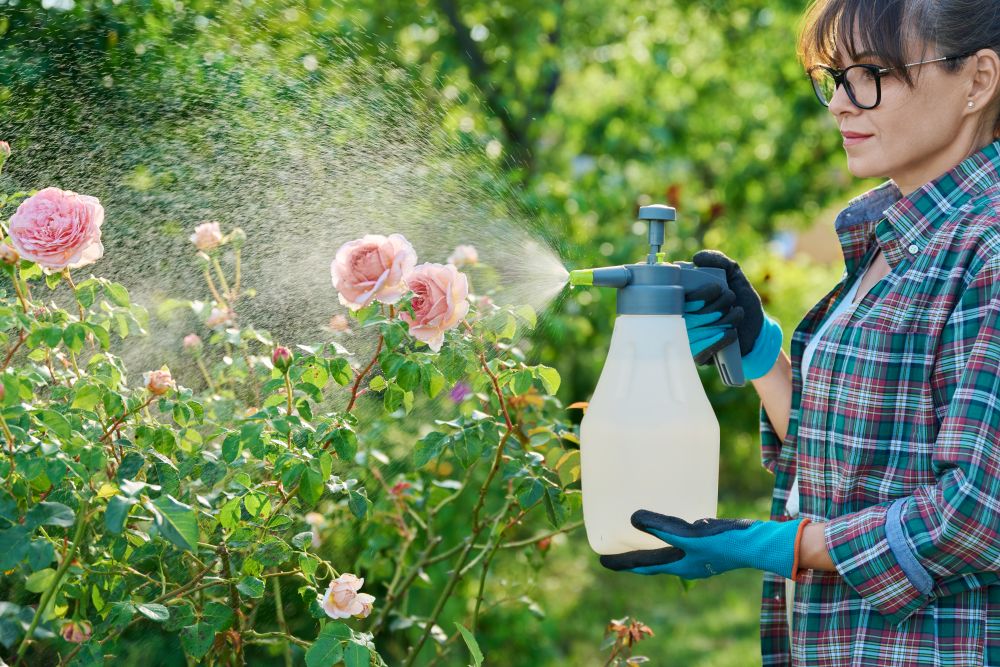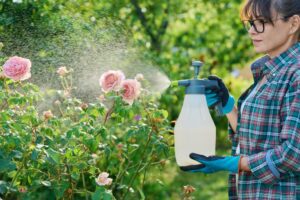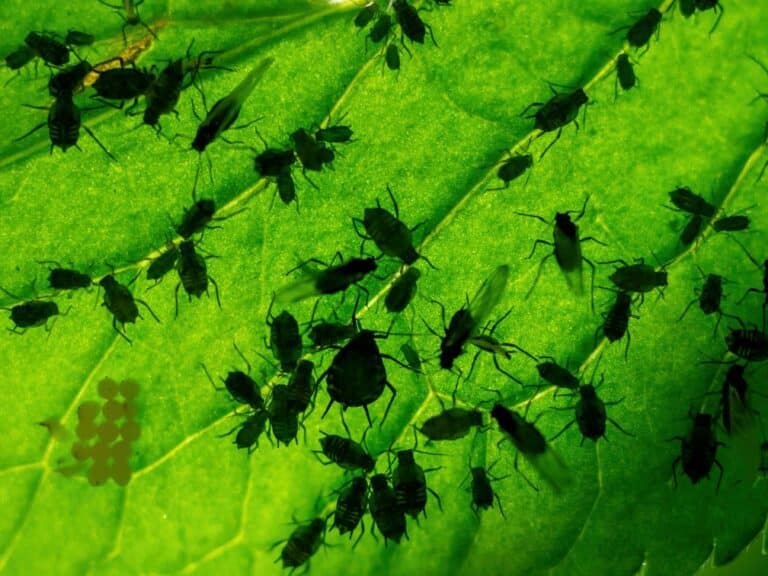

DIY Do's and Don'ts for Garden Pest Control
Gardening is a popular hobby in the Carolinas. Unfortunately, gardens are threatened by a wide variety of destructive pests. When facing threats to their carefully cultivated gardens, many homeowners are tempted to reach for quick DIY pest control tricks they’ve seen online or heard from neighbors. While some of these methods can help, others may do more harm than good—killing beneficial insects, stressing plants, or even damaging the soil.
At Anticimex Carolinas, we believe in integrated pest management solutions, including practical, eco-friendly garden pest control. Here’s a guide to what you shouldn’t DIY in your garden, and what’s safe to try at home.
What Not to DIY When Doing Garden Pest Control
Some common “home remedies” may seem harmless, but can cause unintended consequences:
Dish Soap Sprays
While they may temporarily kill soft-bodied insects like aphids, dish soaps are too harsh for plants. They strip away protective coatings on leaves, leading to burns and long-term stress. They can also harm beneficial insects like lady beetles and lacewings.
Essential Oils
Peppermint, eucalyptus, and other oils may act as natural pest deterrents, but when misused, they can damage sensitive plants and drive away pollinators. They also break down quickly outdoors, making them unreliable.
Tobacco Spray
An old gardening trick that’s both toxic and risky. Nicotine harms beneficial species and poses health hazards to people and pets. It’s even banned in some places.
Coffee Grounds
Great for compost, but not a proven pest control method. Overuse can alter soil pH, which may hurt your plants more than help them.
Cayenne, Chili Powder, or Garlic Sprays
These sprays act more as natural pest deterrents than true solutions. They wash away easily, must be reapplied constantly, and can irritate your skin—or harm the very insects that help your garden thrive.
Aluminum Foil & Reflective Materials
While they may confuse pests, they can also disrupt soil temperature and moisture balance around delicate root zones.
Beer Traps for Slugs
Messy, smelly, and often counterproductive. Beer traps may attract more slugs than they kill.
Vinegar Sprays
Vinegar can kill weeds, but it also burns garden plants and kills beneficial insects indiscriminately.

Garden Pest Control DIY Methods That Work
Not all DIY solutions are bad—some can actually boost your garden’s natural defenses without harming the ecosystem:
Floating Row Covers
These lightweight fabric covers keep pests like aphids, beetles, and squash bugs away while still allowing sunlight and water in.
Companion Planting
Planting marigolds, basil, or nasturtiums can help deter aphids, beetles, and whiteflies, while attracting pollinators and beneficial insects.
Neem Oil (When Used Correctly)
A natural insect growth regulator that’s safe for most plants and pollinators—if applied at the right time. Use in early morning or evening and always follow the label.
Beneficial Insects
Encourage natural predators like lady beetles, parasitic wasps, and predatory mites by planting insect-friendly flowers and maintaining habitat.
Regular Inspection & Hand Removal
Sometimes the simplest method is the most effective. Checking plants regularly and removing pests by hand helps prevent infestations before they spread.
A Balanced Approach
Nature thrives on balance. Heavy-handed DIY fixes can disrupt that balance, harming helpful insects, weakening plants, and even leading to pest resistance.
The healthiest gardens follow Integrated Pest Management (IPM) principles:
- Observe Carefully
- Encourage Biodiversity
- Intervene gently when needed
At Anticimex Carolinas, our team is here to help you keep your home and garden pest-free—without harming the environment or your plants. Call us to help you with your pest problems in North Carolina and South Carolina.
